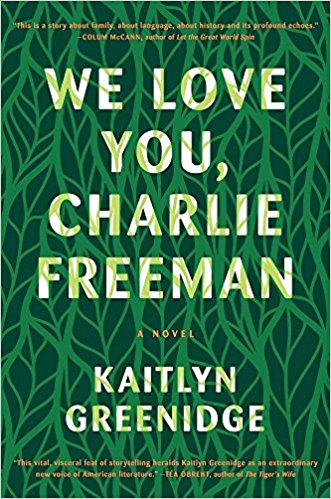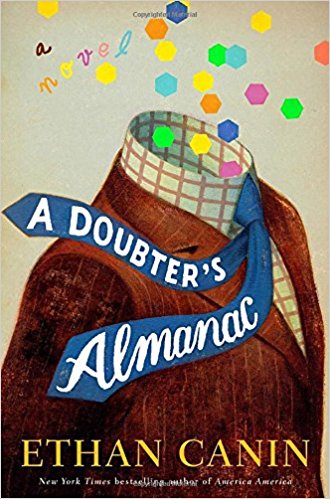Gag
Gag, brief but brilliant, shines out with a unique glimmer in the skies of the contemporary novel. From the very first sentence – which epitomizes the quirky mood of this innocuously short novel – we topple down from the cliffs of realism into a world located just one lopsided step from ours. A novel for the strong-hearted and quick-witted, Melissa Unger’s gem of a first novel throws us head first in a dizzying, high-speed rollercoaster adventure, in which it becomes a tough job to make out top from bottom…
Is this yet another fantasmagorically nonsensical, condescendingly highbrow Kafkaesque novel to store, with a perplexed eye, on the shelves of modern day literature…? Far from it: in Gag Melissa Unger adopts quite a unique stance which gives the novel a vibrant freshness. Indeed, the setting remains deeply entrenched in the firm ground of our disenchanted realistic world, where every single fact, from the rotation of the stars above our heads to the beating of the eyelids of the passer-by, is accountable by a rationally determined, scientifically approved law. Thus, the breach, when opened, is all the more vertiginous: abnormality is not a given fact the reader is asked to accept without protest, but a harrowingly disturbing issue that forms like a guiding light – or rather: a guiding shadow – throughout the erratic circumvolutions of the narrative line.
From the knockout first sentence – which is as much a “punch” as the last line – a grippingly odd story uncoils, looping from the States to Paris, then waltzing madly from one unsuspected turnaround to the next, as our hero, Jonathan Howland – as perplexed by the queer turn his life has taken as we are – attempts to breach that gaping black hole that has torn the delicate fabric of verisimilitude. The French capital’s narrow, windy streets, with a quirky surprise on each corner, serves as a perfect metaphor for the narrative stance taken up by Unger. But as the saying goes, all roads lead to Rome, and indeed as haphazard as the one we are led down may seem, Gag inevitably takes us somewhere: not only is this novel a vivifying, colorfully imaginative piece of work, but it unveils a deeper dimension, which draws upon the question every work of fiction puts to us, which concerns our relation to everything that pushes us out of the realms of our comfortable normality.
From his solitary confinement and single combat with his own abnormality, Jonathan faces another issue perhaps even more disquieting than the first: the revelation of somebody else’s abnormality. Suddenly his own self is not the only thing Jonathan fails to understand, there is someone else’s irreducible strangeness to deal with. And from perplexity to love, there is but one step: Gag turns out to also be, on top of all the rest, a passionate romance, colliding two intricate beings who could be Shakespearian “star cross’d lovers” had they not been so full of nooks and crannies. Through a series of unforeseeable disclosures – which are as many epiphanies for these ever metamorphosing characters – they will be knotted together, in a desperate, ultimately lethal, tug of war.
A most definitely moving novel – in both the metaphorical and literal meaning of the word.
| Author | |
|---|---|
| Star Count | 5/5 |
| Format | eBook |
| Page Count | 150 pages |
| Publisher | Roundfire Books |
| Publish Date | July 25, 2016 |
| ISBN | 9781782795636 |
| Bookshop.org | Buy this Book |
| Issue | October 2014 |
| Category | Modern Literature |
| Share |








Reviews
There are no reviews yet.